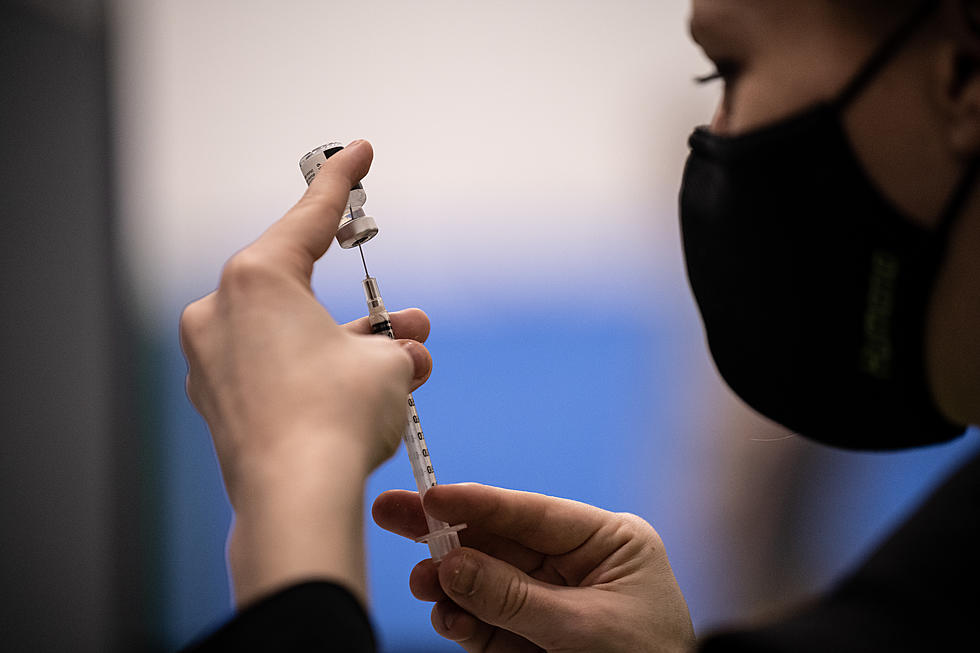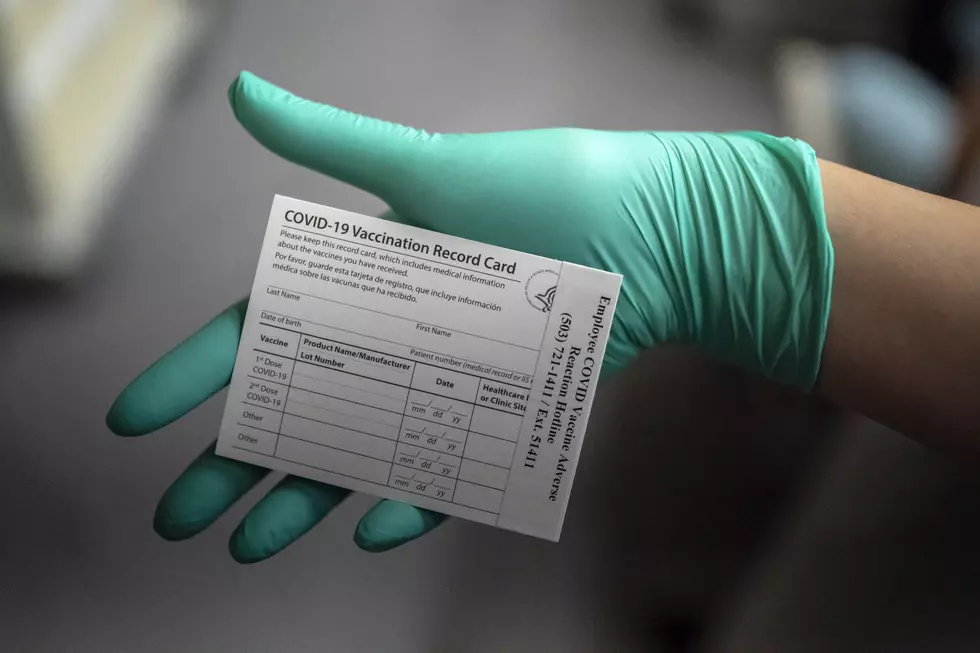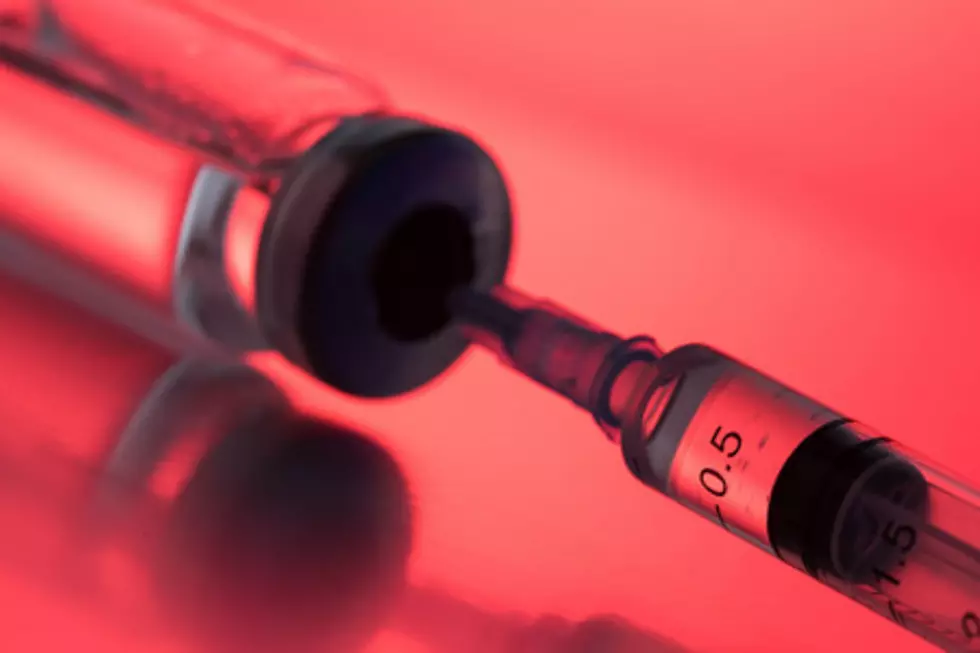
Here’s What to do If You Already Got the Johnson & Johnson Vaccine
As of now, the whole country has learned about the FDA and CDC recommending a “temporary halt” on distributing Johnson & Johnson vaccines as six people in the U.S. have presented with a rare blood clot disorder within two weeks of getting the shot, People reports. This is kind of scary for me given the fact I just got the J&J vaccine a couple of weeks ago. All these thoughts are running through my head like, "am I going to develop blood clots?" "Am I going to start having seizures?" "are my limbs going to fall off?" I've been over here stressed. If you're like me and are a little worried about what side effects could happen to you after getting the shot, this might put you at ease.
What should you do if you’ve already gotten the Johnson & Johnson vaccine? First and foremost, don’t panic. These cases were isolated and statistically, the chances of you getting the disorder are low, according to People. The magazine explained the condition, called cerebral venous sinus thrombosis, or CVST, and said that out of 6.8 million people who have gotten the Johnson & Johnson vaccine only six have developed the disorder. People reports that the FDA Acting Commissioner Janet Woodcock said on April 13, “these events appear to be extremely rare. However, COVID-19 vaccine safety is a top priority for the federal government and we take all reports of adverse events following vaccination very seriously.”
The FDA and the CDC plan to look into the six cases and determine if they were, in fact, related to the vaccinations or simply coincidental. Dr. Peter Marks, the chief regulator of vaccines at the FDA, said that they are concerned because this fits the pattern of what was seen in Europe with the AstraZeneca vaccine, People explains.
Some symptoms of CVST, according to People, differ from the typical side effects of the vaccine and include blurred vision, fainting, seizures, and coma. If you’ve gotten the Johnson & Johnson vaccine, Dr. Anne Schuchat, the principal deputy director of the CDC, recommends that you look for any symptoms including the following, “severe headache, abdominal pain, leg pain, or shortness of breath.” If you develop these symptoms contact your health care provider and seek medical treatment immediately.
As of now, most states including New Jersey and PA have stopped using the Johnson & Johnson vaccine and will only give out Pfizer and Moderna vaccines. These two vaccines are perfectly safe as they are formulated differently than Johnson & Johnson People says.
LOOK: Answers to 30 common COVID-19 vaccine questions
More From KISS 104.1









